15 Benefits Of Antioxidants And Their Best Sources
See your body reap the rewards of adding these powerful compounds to your diet.
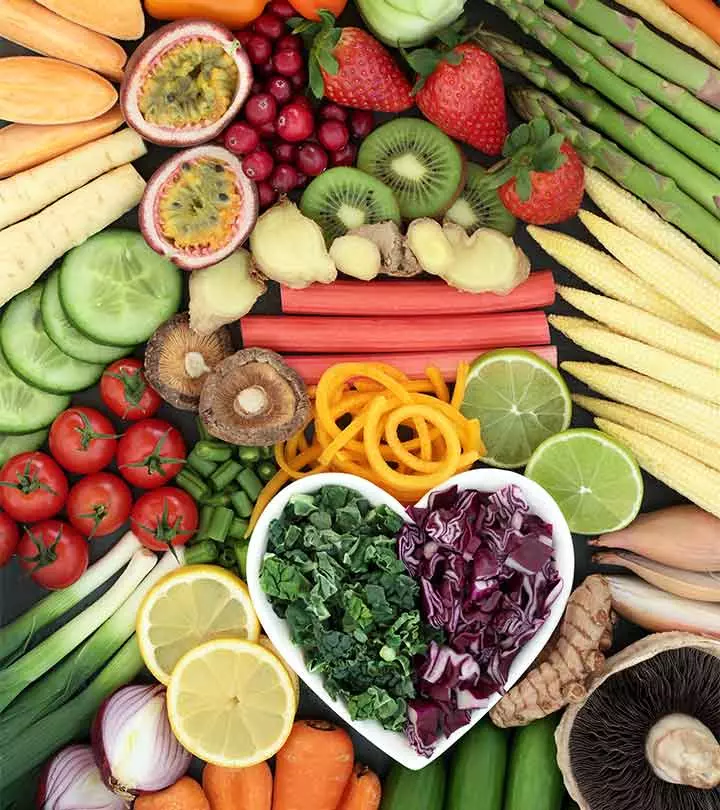
Image: Shutterstock
The benefits of antioxidants in promoting overall health are well-researched in the health industry. They combat harmful free radicals and stop the progression of many diseases. Some antioxidants are produced within the body, but some of them should be supplemented through a balanced diet. Learn more about antioxidants, foods rich in antioxidants, and their role in promoting health in this article. Scroll down!
 Know Your Ingredient: Antioxidant
Know Your Ingredient: AntioxidantWhat Is It?
A substance found in fruits and vegetables that help protect cells from damage caused by free radicals.
What Are Its Benefits?
It may boost cardiovascular health, enhance cognitive function, strengthen hair, and promote vision.
Who Can Consume It?
Anyone can consume them except people going through cancer treatment and those on blood thinners.
How Often?
You can consume 3000 – 5000 ORAC (Oxygen Radical Absorbance Capacity) units per day.
Caution
Excess consumption may lead to an increased risk of lung cancer in smokers and cause diarrhea, rashes, and dizziness.
In This Article
How Are Antioxidants Good For You?
As the name states, antioxidants are any substances that inhibit oxidation and fight potentially damaging oxidizing agents inside a living organism. These oxidizing agents, more commonly called free radicals, are molecules produced when our body breaks down food or is exposed to pollution, toxins, or radiation of any kind.
Antioxidants protect the cells from damage caused by these free radicals. Hence, they are the watchful protectors. They guard our systems, day in and day out. Well, we will get to the details in a bit. But before that, let’s take a glimpse at the different types of antioxidants in the next section.
Key Takeaways
- Eating antioxidants can improve your memory and vision and can help prevent cancer.
- They can also boost immunity, enhance heart health, and help delay signs of aging.
- Consume lots of berries, leafy greens, cloves, turmeric, and cinnamon to increase your antioxidant intake.
- High doses of antioxidants may interfere with cancer treatment and the body’s nutrient and chemical balance.
Types Of Antioxidants
Antioxidants can be classified into two major groups: natural and synthetic. Some of the most common natural ones are vitamins C and E, which can be found in fruits, vegetables, and nuts. Minerals like selenium and zinc also play a crucial role in combating oxidative stress.
Oxidative stress happens when free radicals dominate the body’s antioxidants, disrupting cellular balance and leading to potential cell damage. This imbalance is associated with aging and several diseases, such as heart disease, cancer, and neurological disorders (1). Eating a diet high in antioxidants lowers oxidative stress and promotes general health by eliminating free radicals.
Phytochemicals such as carotenoids and polyphenols are another group of antioxidants found in plants. They can help shield our bodies from harm. The flavonoids in tea and the resveratrol in red wine are also examples of natural antioxidants. Additionally, enzymes known as endogenous antioxidants are produced within our bodies. These include catalase and superoxide dismutase, which help scavenge free radicals (1). Now let’s take a look at the foods abundant in these antioxidants.
What Are The Foods Rich In Antioxidants?
The antioxidant content in any given food is measured by its ORAC score.
Called Oxygen Radical Absorbance Capacity, the ORAC score quantifies the total antioxidant capacity of any particular food item. The higher the score, the more the antioxidant capacity. The following are foods rich in antioxidants, which include a combination of herbs, fruits, vegetables, drinks, and supplements.
Antioxidant-Rich Fruits
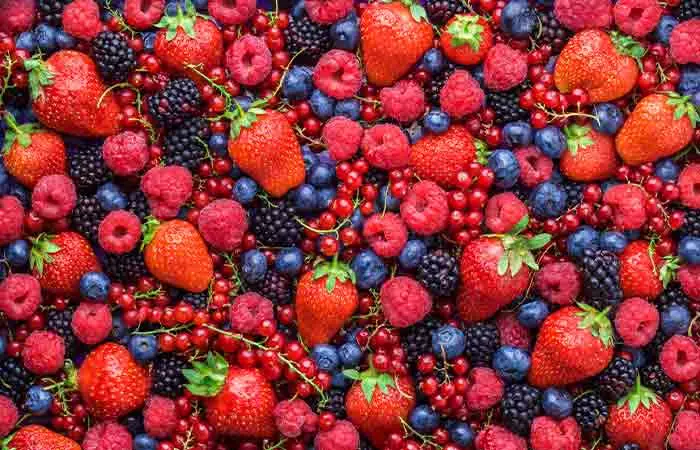
- Elderberries (14,697)
- Wild blueberries (9,621)
- Boiled artichoke (9,416)
- Strawberries (5,938)
- Blackberries (5,905)
- Red grapes (1,837)
Antioxidant-Rich Vegetables
- Cooked Russet potato (4,649)
- Green raw kale (1,770)
- Raw broccoli (1,510)
- Raw spinach (1,513)
Antioxidant-Rich Nuts
- Pecans (17,940)
- Brazil nuts (1,419)
Antioxidant-Rich Legumes And Grains
- Red sorghum grain (14,000)
- Kidney beans (8,606)
- Whole grain bread (1,421)
Antioxidant-Rich Herbs
- Cloves (314,446)
- Cinnamon (267,537)
- Oregano (159,277)
- Turmeric (102,700)
- Cumin (76,800)
- Dried parsley (74,359)
- Basil (67,553)
- Ginger (28,811)
- Dark chocolate (20,816)
Antioxidant-Rich Drinks
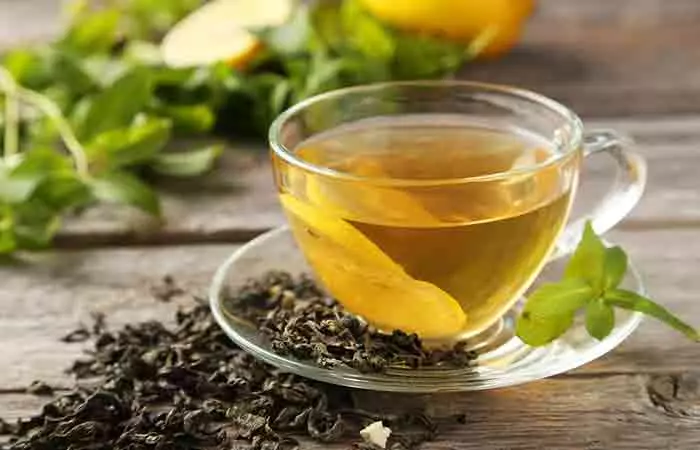
- Green tea (1,253)
- Red wine (3,607)
And then, there are antioxidant supplements, which include glutathione, quercetin, lutein, vitamin C, vitamin E, resveratrol, selenium, and essential oils (lavender and frankincense).
Troy Parsons, a blogger, expresses a deep appreciation for green tea, outlining its numerous benefits. He mentioned, “The reason I prefer green tea over black tea or coffee is the calm but energetic and focused stimulatory effect I get from the caffeine content when it is naturally paired with L-Theanine (i).” He recommends matcha green tea for an even higher antioxidant content and suggests opting for green tea over other caffeinated beverages.
 Trivia
TriviaIncluding these foods in your diet can amp up your antioxidant intake. Which ultimately makes your life better in various ways.
What Are The Benefits Of Antioxidants?
Known for fighting free radicals and the resultant inflammation, antioxidants boost heart health and improve cognitive function.
They also enhance immunity and boost vision, and their anti-inflammatory properties help ward off chronic ailments like arthritis. Adequate intake of antioxidants can also delay aging and improve hair health.
1. Boost Cardiovascular Health

Though not all antioxidants were found to protect against heart disease (this doesn’t mean they would instead cause it), some, like vitamin C, E, selenium, copper, and zinc have powerful cardioprotective activity. It’s been found that adequate vitamin C intake can cut the risk of stroke by as much as 50 percent.
There are hundreds of other studies that state that intake of plant-based diets loaded with fresh fruits and vegetables can protect the heart and prevent cardiovascular issues (2). Fruits and veggies are loaded with antioxidants, and this proves the point.
According to the American Heart Association (AHA), approximately 16.5 million Americans over the age of 20 had coronary artery disease in 2018, and 55% of those individuals were men. In addition, World Health Organization revealed that ischemic heart disease caused nearly nine million deaths in 2016. But, intake of a diet that is rich in antioxidants helps reduce the risk of heart disease.
 Did You Know?
Did You Know?2. Improves Cognitive Health
Antioxidants were found to improve memory and cut the risk of dementia. Antioxidant vitamins and minerals such as vitamins C and E, selenium, and zinc have been shown to function as natural “anti-depressants” especially when taken in their most bioavailable, organic forms (e.g. natural vitamin E complex, zinc (glycinate), selenium yeast) – which have greater potency, and provide greater benefit overall than their inorganic variants. Antioxidants also promote improved vascular health – improving microcirculation in the small blood vessels in the brain – thereby enhancing oxygen and nutrient delivery to nutrient hungry neurons (i.e. brain cells).
Antioxidants work as mediators in the central nervous system, thereby preventing inflammation and boosting cognitive health. Most brain diseases are associated with oxidative damage (aka “oxidative stress”), which can be prevented and often improved with a higher intake of antioxidants. These powerful substances also play a role in preventing other ailments like Alzheimer’s disease (3). Greater consumption of carotenoids (another branch of antioxidants) from foods such as sweet potatoes, yams, and carrots was linked to cognitive benefits in adults (4).
 Trivia
Trivia3. Aid Arthritis Treatment
One study has found that antioxidant intervention can improve the clinical symptoms of rheumatoid arthritis and offer relief. This can be attributed to the anti-inflammatory properties of antioxidants (5). The Arthritis Foundation also acknowledges the importance of antioxidants. Both the anthocyaninsi Water-soluble pigments found in flowers, fruits, and plants high in anti-inflammatory and antidiabetic properties. in berries and vitamin C in citrus fruits can combat free radicals that are responsible for arthritis symptoms (6).
4. Can Help Prevent Cancer
Antioxidants prevent free radical damage, which has been found to cause cancer. According to the National Cancer Institute, even dietary antioxidant supplements can aid cancer treatment – given their ability to fight oxidative stress and inflammation (7).
Another study states how total antioxidant status can decline during cancer treatment – which means that antioxidant supplementation can help the treatment process (8).
However, we suggest you take your doctor’s advice in this regard – as some studies also suggest that high levels of antioxidants (e.g. synthetic vitamin E; dl-alpha-tocopheryl) might interfere with one’s recovery and certain treatments (9).
5. Improve Vision

High dose antioxidant vitamins can prevent the progression of and even reverse age-related macular degeneration and other vision issues. Reports by the American Optometric Association state that antioxidant supplements vitamins C and E (natural form; d-alpha tocopherol) can reduce cataract progression in less than three years (10).
Other important antioxidants for vision health are lutein and zeaxanthin, which also prevent age-related macular degeneration (11). And then, we have vitamin A, which nourishes and protects the retina and other eye structures, and is important in preventing night blindness.
6. Enhance Immunity
Consuming more fruits and vegetables is one sure shot way to boost your immunity (12). Antioxidants like vitamins A, C, E, and carotenoids boost immune health.
One report published in the European Journal of Clinical Nutrition says that dietary antioxidant supplementation protects the immune system and contributes to healthy aging (13). They also help treat other issues related to a weak immunity – like colds and bronchial infections.
7. Might Promote Liver Health
Liver issues usually occur when the organ undergoes severe oxidative stress. And this is where antioxidants come into the picture. They can protect and restore normal liver activity (14).
8. Can Improve Fertility
Studies are limited here. However, one study states that antioxidants such as vitamins C, E, zinc, and selenium can improve sperm quality and fertility (15).
9. Treat Urinary Tract Infection
Studies have shown that urinary tract infection can lead to oxidative stress and depletion of antioxidant enzymesi Specific proteins found in the body that act as a catalyst and influence certain chemical reactions. – which is why supplementing with antioxidants can improve the condition (16).
Polyphenols, another class of antioxidants rich in berries and other fruits, are known to fight UTIs. These compounds reduce oxidative stress and inflammation, and help bind iron in the urine, preventing it from fueling bacterial growth.
10. Are Good For Kidney Health
Various animal models have shown that antioxidant supplementation can slow down the progression of chronic kidney disease (17). Antioxidants can be particularly beneficial for anyone on dialysis.
11. Can Help Bodybuilders

Antioxidants are known to maximize the training effects of exercise. They also help deal with the oxidative stress of exercise. And since oxidative stress can also contribute to injuries and impair healing, taking antioxidants can aid recovery and even accelerate it. Antioxidants, especially vitamin C, can aid in tissue repair – as exercise is known to cause the formation of free radicals, which can affect muscle tissue and recovery time.
12. Can Benefit Smokers
A number of studies have shown that healthy intake of a variety of fruits and vegetables can be a protective strategy for smokers (18). Smokers were also observed to have increased oxidative stress and compromised antioxidant activity – which is why taking antioxidants can offer a number of protective benefits.
13. Can Treat Acne
Free radicals travel through the body, stealing electrons from healthy cells. Through this mechanism, they can promote inflammation, which is one of the common drivers for acne and other inflammatory skin conditions (e.g. eczema, dermatitis). As antioxidants neutralize these free radicals, they can help reduce inflammation, and prevent and treat acne. They also protect the skin by preventing toxins from penetrating the dermal layer.
Vitamins C and E are two such antioxidants that can fight acne by preventing the resultant inflammation. Vitamin E also promotes skin repair and healing, thereby treating acne scars. Other important antioxidants for skin preventing and treating acne include selenium and zinc.
14. Delay Aging
It is the free radicals that cause the signs of aging. They cause cell damage and inflammation and lead to wrinkles and age spots. Since antioxidants counter the effects of free radicals, they can play a major role in delaying the signs of aging. Incorporating foods for anti-aging skin rich in antioxidants, such as blueberries, avocado, strawberries, etc, into your diet can help slow the aging process.
15. Strengthen Hair
Antioxidant supplements can improve hair health and treat nutritional deficiencies that can compromise the health of your hair. And since your hair is regularly exposed to sunlight and pollution, it is constantly being bombarded with free-radicals. Antioxidants can combat this, protecting delicate hair follicles, and prevent hair fall caused by oxidative stress.
These are the various ways antioxidants benefit you. But there arises one important question – how do they work?
How Do Antioxidants Work In Your Body?
How antioxidants work is an important piece of science. If we get into a bit of fundamentals, we know that our human body is made of various elements, atoms, and electrons. And two or more atoms form a molecule. A molecule can only be stable if it has the right number of electrons. If it loses an electron when it shouldn’t, it can turn into a free radical. As a free radical, it is highly unstable and can react with other molecules, causing damage to them. It can even cause a chain reaction leading other molecules to turn into free radicals, which can cause havoc in the system.
This is where antioxidants step into the picture. They donate electrons to free radicals, thereby effectively neutralizing them. However, we need a balance between antioxidants and free radicals. When free radicals outnumber antioxidants, it leads to oxidative stress.
 Did You Know?
Did You Know?So, as we said, antioxidants are the warriors. They protect your system. But wait, there’s a catch – an excess of them can be bad.
High dose antioxidant supplementation can interfere with cancer treatment and cardiovascular health (19). It also affects how the body balances the different levels of nutrients and chemicals. Also, not all studies support the positive effects of antioxidants in fighting and disease prevention(20).
So, what do we do? Simple. Take your doctor’s (or nutritionist’s) advice.
Infographic: 7 Ways Antioxidants Improve Your Health
Now you know how crucial antioxidants are to promote overall health and well-being. As mentioned above, you should add antioxidants into your diet through fruits, vegetables, and supplements to gain their benefits. Maybe you are trying to get your family on board too! Check out the infographic below to share their benefits.
Some thing wrong with infographic shortcode. please verify shortcode syntaxAntioxidant-rich foods primarily feature berries, greens, spices, and beverages like green tea and red wine. The benefits of antioxidants come from their radical scavenging properties, which protect against environmental damage, toxins, and radiation. Antioxidants may promote heart, brain, and vision health, immunity, and fertility.These antioxidant-rich foods are considered superfoods for glowing skin and healthy hair, as they may delay the early signs of aging and strengthen the hair. However, overuse may have unpleasant side effects. Antioxidants, in severe cases, may even interfere with cancer treatment. Consuming too many antioxidant-rich foods may cause adverse side effects. Seek medical advice when necessary.
Frequently Asked Questions
What is the most powerful antioxidant?
Glutathione (a combination of three amino acids) is a powerful antioxidant that your body produces. It helps protect the cellular damage and exhibits anti-aging properties. Vitamin E is the most popular yet powerful antioxidant in nature.
Do antioxidants make you poop?
Yes. A higher intake of antioxidants has been found to lead to increased stool output within 48 hours (21).
How much antioxidants do we need daily?
There is no recommended intake of ORAC (measure of antioxidant capacity of different foods) units. However, an optimal intake of 3000-5000 ORAC (Oxygen Radical Absorbance Capacity) is considered safe.
Is vitamin D an antioxidant?
There is little known evidence for the antioxidant role of vitamin D. It contributes to reduced oxidative stress by regulating several genes involved in the antioxidant defense (22). However, more studies are needed to understand this benefit of vitamin D.
Illustration: Benefits Of Antioxidants And Their Best Sources
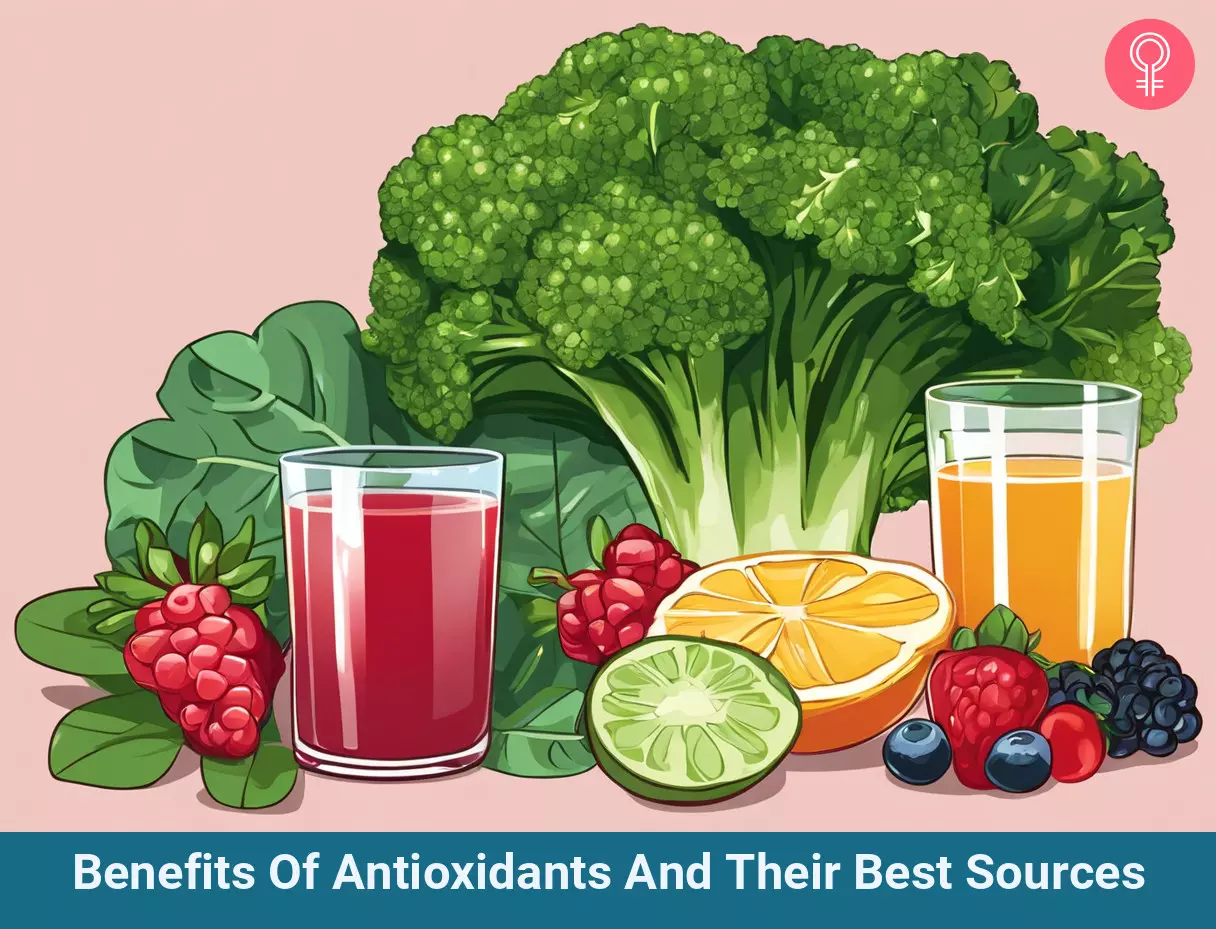
Image: Stable Diffusion/StyleCraze Design Team
Antioxidants provide numerous health benefits by protecting our bodies from free radicals and ROS. Learn more from the video below!
Personal Experience: Source
StyleCraze's articles are interwoven with authentic personal narratives that provide depth and resonance to our content. Below are the sources of the personal accounts referenced in this article.
i. 3 Benefits of Green Tea — My preferred pre-workout beveragehttps://medium.com/@flaredupfitness/3-benefits-of-green-tea-my-preferred-pre-workout-beverage-69a15290ec63
References
Articles on StyleCraze are backed by verified information from peer-reviewed and academic research papers, reputed organizations, research institutions, and medical associations to ensure accuracy and relevance. Read our editorial policy to learn more.
- “Oxidative Stress: Harms and Benefits for Human Health” US National Library of Medicine.
- “Antioxidants: Classification, Natural Sources…” US National Library of Medicine.
- “Genetically high plasma vitamin C…”. US National Library of Medicine.
- “Fatty acids, antioxidants…”. US National Library of Medicine.
- “The association of antioxidants and…”. US National Library of Medicine.
- “Antioxidant intervention in rheumatoid…”. US National Library of Medicine.
- “The ultimate arthritis diet”. Arthritis Foundation.
- “Antioxidants and cancer prevention”. National Cancer Institute.
- “Antioxidants and cancer therapy”. US National Library of Medicine.
- “Antioxidants may make cancer worse”. Scientific American.
- “Antioxidants and age-related eye disease”. American Optometric Association.
- “Antioxidants and vision health…”. US National Library of Medicine.
- “Super foods for optimal health”. WebMD.
- “Effects of antioxidants on immune system…”. Nature.
- “Antioxidants in liver health”. US National Library of Medicine.
- “Antioxidants and infertility treatment…”. US National Library of Medicine.
- “The effects of oxidative stress in…”. US National Library of Medicine.
- “Effects of antioxidants on kidney disease”. US National Library of Medicine.
- “The interaction of cigarette smoking…”. US National Library of Medicine.
- “Risk factors for lunch cancer…”. Oxford Academic Journals.
- “Dietary intake of carotenoids…”. US National Library of Medicine.
- “Ability of a high-total antioxidant capacity diet to increase stool weight and bowel antioxidant status in human subjects”. US National Library of Medicine.
- “The controversial role of vitamin D as an antioxidant: results from randomised controlled trials”. Nutrition Research Reviews.
Read full bio of Dr. Timothy M. Marshall
Read full bio of Ravi Teja Tadimalla
Read full bio of Arshiya Syeda
Read full bio of Aparna Mallampalli








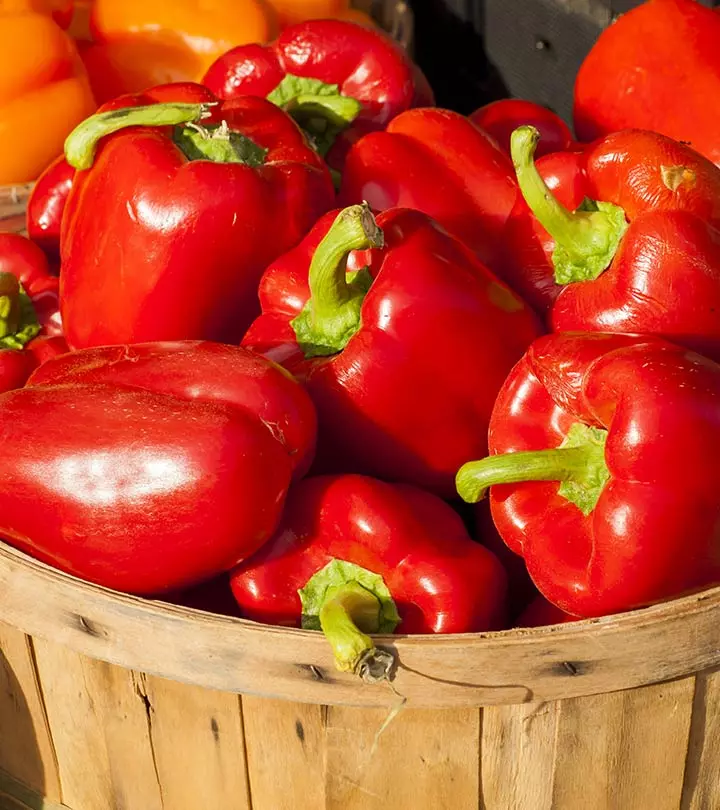
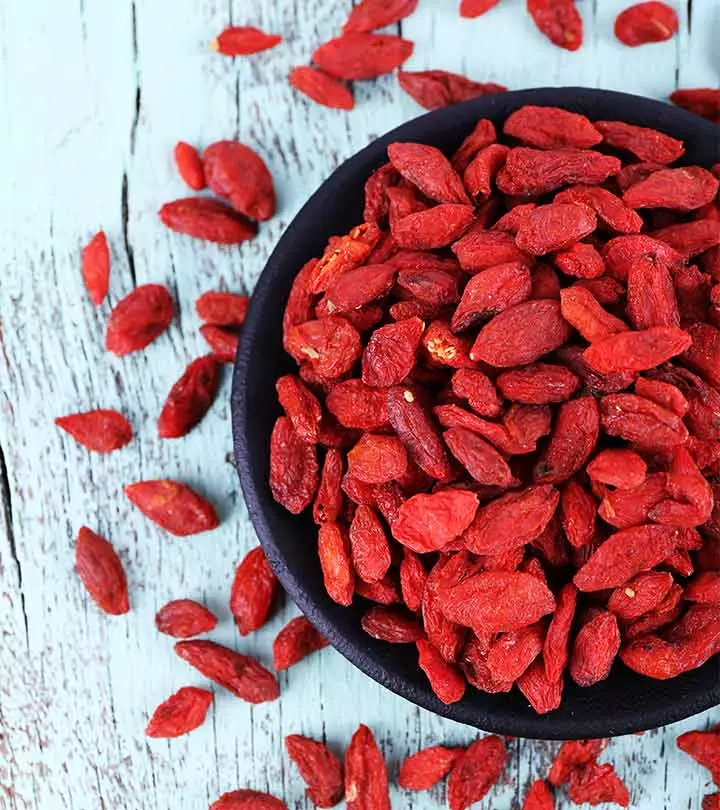

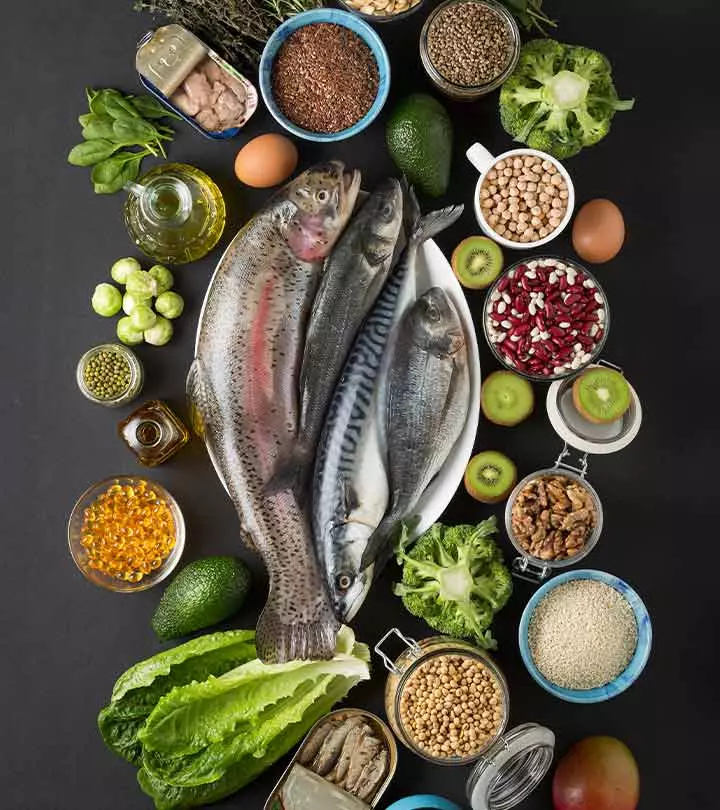
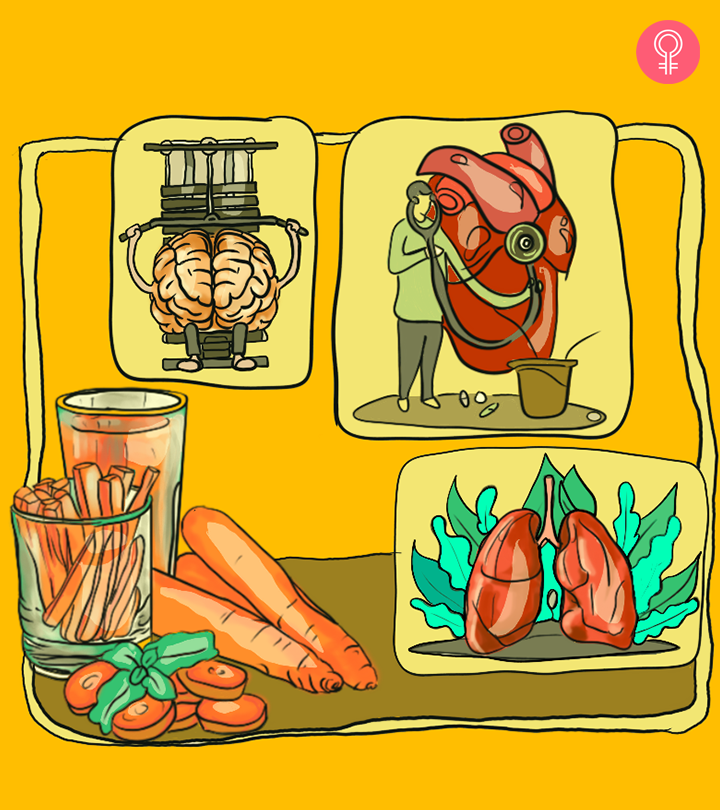



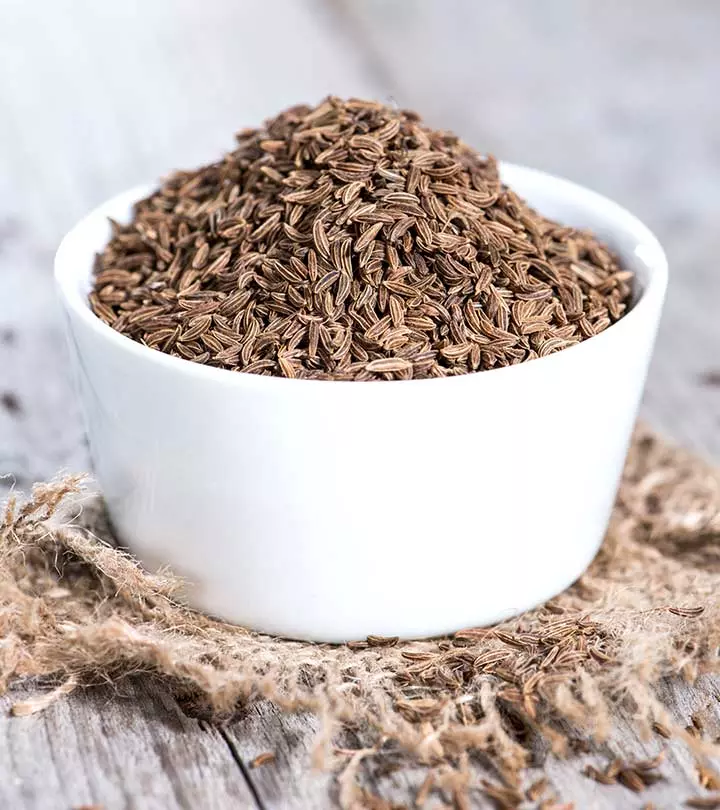
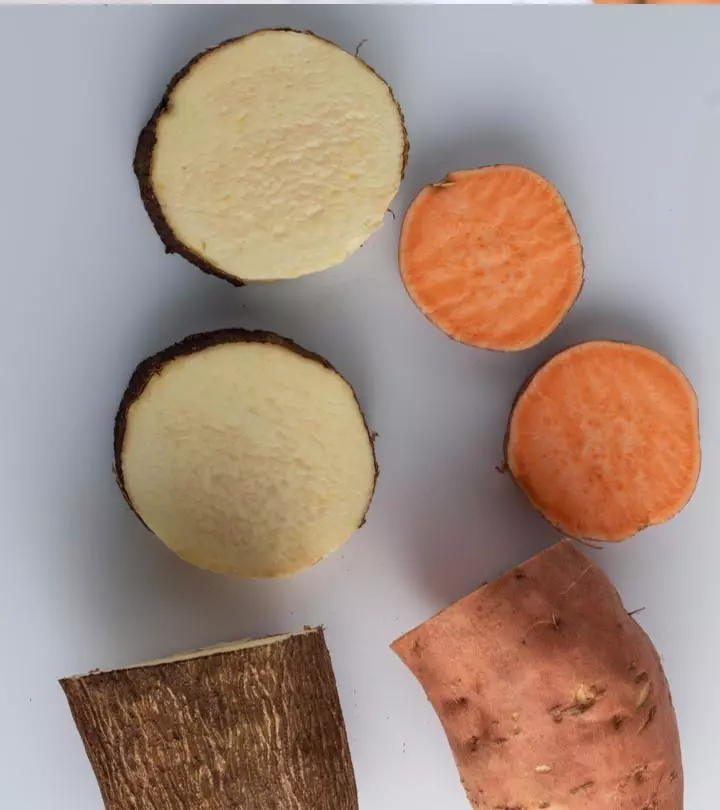

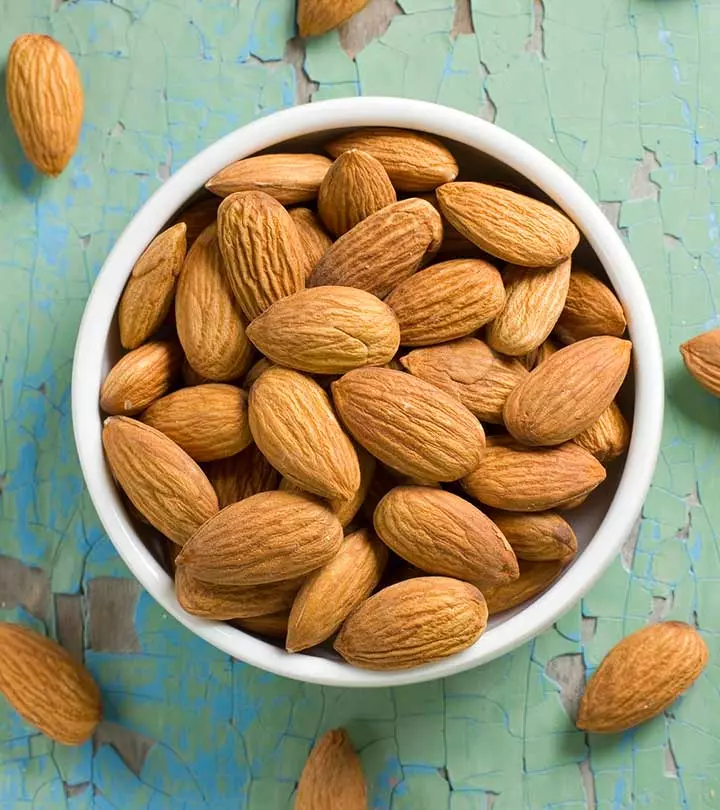
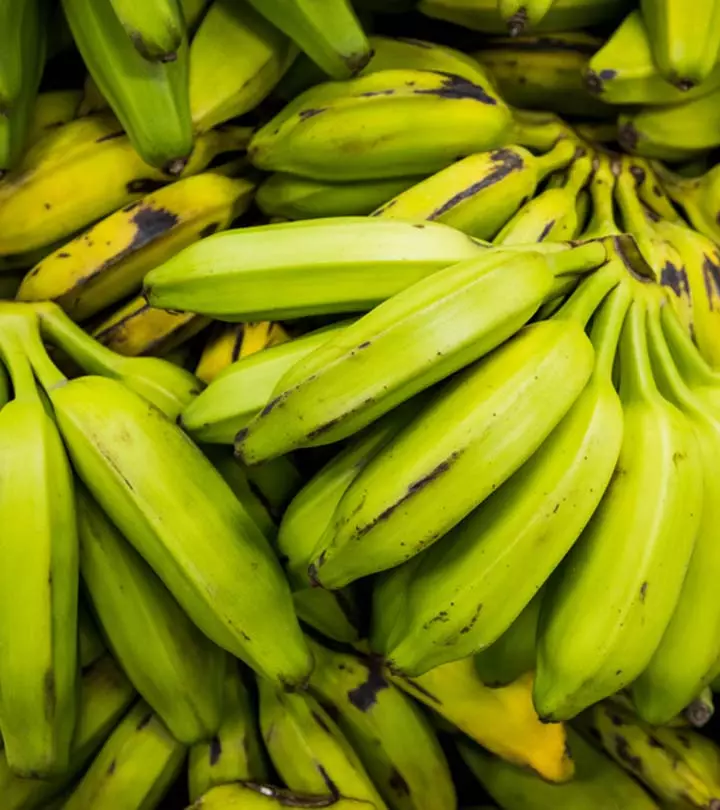
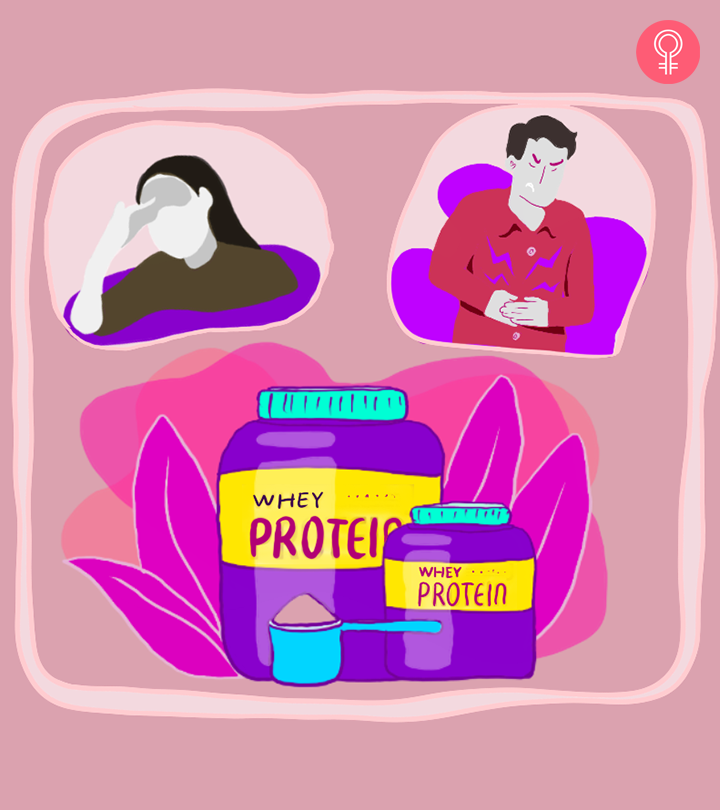
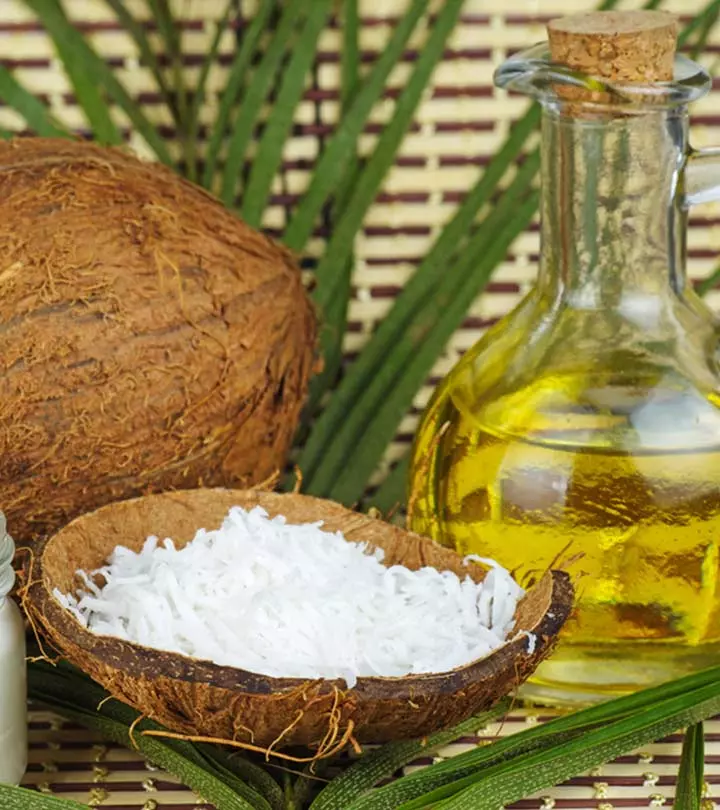

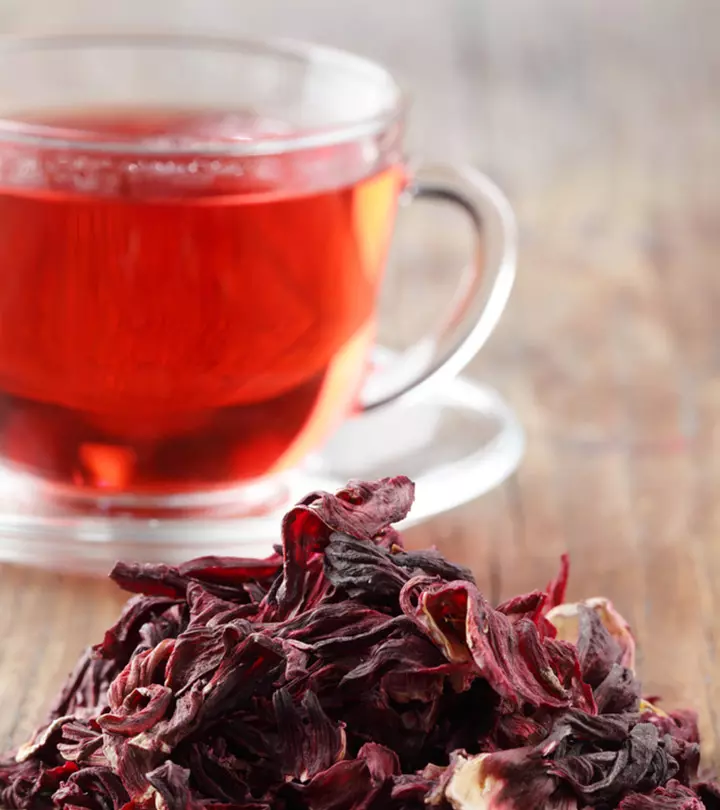

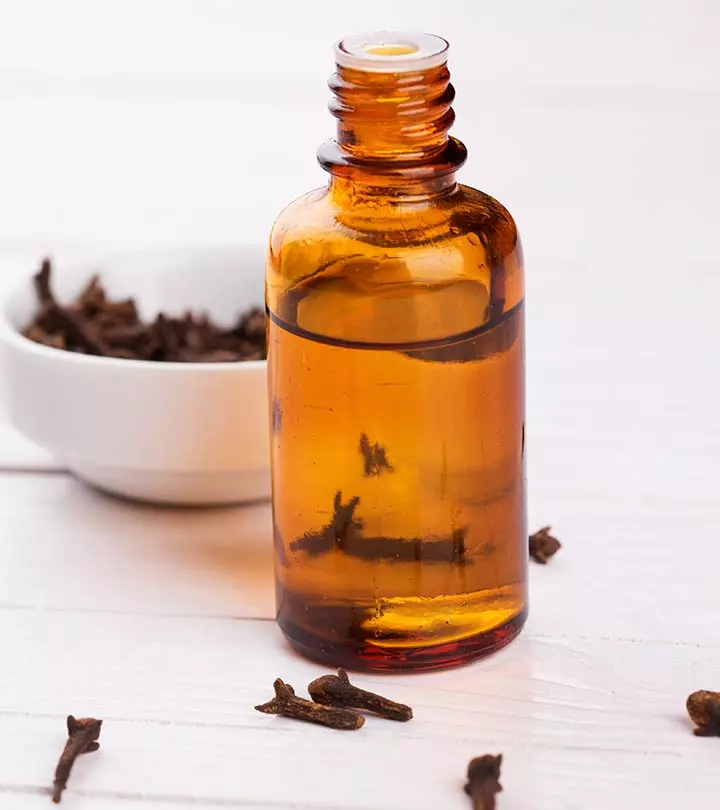
Community Experiences
Join the conversation and become a part of our empowering community! Share your stories, experiences, and insights to connect with other beauty, lifestyle, and health enthusiasts.